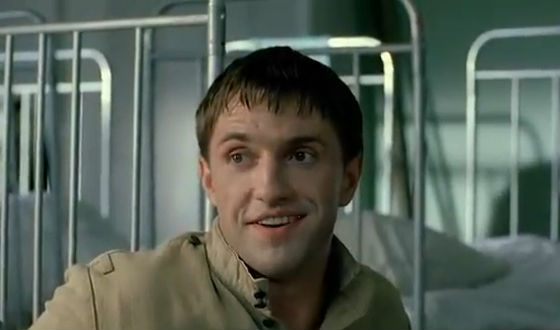Evgenij Onegin Filjm 1999

In the opulent St. Petersburg of the Empire period, Eugene Onegin is a jaded but dashing aristocrat - a man often lacking in empathy, who suffers from. (British, 1999, 106 minutes, color, 35mm) Directed by Martha Fiennes. Cast: Ralph Fiennes..... Evgeny Onegin Liv Tyler..... Tatyana Larina.
A sketch by Pushkin of himself and Onegin lounging in St. Petersburg Perhaps the darkest theme – despite the light touch of the narration – is Pushkin's presentation of the deadly inhumanity of social convention.
Driver Mp9 Digital Pocket Video Recorder Copyright notice: Pirated Software Hurts Software Developers. Descargar software mp9 digital pocket free. Using Driver Mp9 Digital Pocket Video Recorder Free Download crack, warez, password, serial numbers, torrent, keygen, registration codes, key generators is illegal and your business could subject you to lawsuits and leave your operating systems without patches. We do not host any torrent files or links of Driver Mp9 Digital Pocket Video Recorder from depositfiles.com, rapidshare.com, any file sharing sites. All download links are direct full download from publisher sites or their selected mirrors.
Onegin is its bearer in this work. His induction into selfishness, vanity, and indifference occupies the introduction, and he is unable to escape it when he moves to the country.
His inability to relate to the feelings of others and his entire lack of empathy – the cruelty instilled in him by the 'world' – is epitomized in the very first stanza of the first book by his stunningly self-centered thoughts about being with the dying uncle whose estate he is to inherit: 'But God how deadly dull to sample sickroom attendance night and day. And sighing ask oneself all through 'When will the devil come for you?' However, the 'devil comes for Onegin' when he both literally and figuratively kills innocence and sincerity in shooting Lensky in the duel and rejecting Tatyana. Tatyana learns her lesson: armored against feelings and steeped in convention, she crushes his later sincerity and remorse. (This epic reversal of roles, and the work's broad social perspectives, provide ample justification for its subtitle 'a novel in verse'.) Tatyana's nightmare illustrates the concealed aggression of the 'world'. In the dream, she is chased over a frozen winter landscape by a terrifying bear (representing the ferocity of Onegin's inhuman persona) and confronted by demons and goblins in a hut she hopes will provide shelter. This nightmare is contrasted to the open vitality of the 'real' people at the country ball, giving dramatic emphasis to the war of warm human feelings against the chilling artificiality of society.
Thus, Onegin has lost his love, killed his only friend, and found no satisfaction in his life. He is a victim of his own pride and selfishness. He is doomed to loneliness, and this is his tragedy. The conflict between art and life was no mere fiction in Russia, but is in fact illustrated by Pushkin's own fate: he too was killed in a duel, falling victim to the social conventions of Russian high society. Composition and publication [ ].

Main article: choreographed a three-act ballet using music in an arrangement. However, Stolze did not use any music from Tchaikovsky's. Instead, he orchestrated some little-known piano works by Tchaikovsky such as, along with themes from the opera and the latter part of the symphonic fantasia. Choreographer staged a modern rendition of Eugene Onegin as a ballet taking place in modern Moscow. The ballet was performed by Eifman Ballet of St. Petersburg, with music by Alexander Sitkovetsky and with excerpts from Tchaikovsky's opera Eugene Onegin. Most recently created a ballet score titled Tatiana, with a libretto written by for his choreographic interpretation and staging of 's Eugene Onegin, for a co-production by the Hamburg State Opera and the Stanislavski and Nemirovich-Danchenko Moscow Academic Music Theatre in Moscow.
Incidental music [ ] A staged version was adapted by and slated for production in the in 1936, directed by and with by, as part of the centennial celebration of Pushkin's death. However, due to threats of Stalinist repercussions for artistic liberties taken during the production and artistic differences between Tairov and Krzhizhanovsky, rehearsals were abandoned and the production was never put on. Play [ ] 's play Tatyana was written for in 1989. It successfully combines spoken dialogue and narration from the novel, with music arranged from 's operatic score, and incorporates some striking theatrical sequences inspired by Tatyana's dreams in the original. The title role was played by, and the director was.